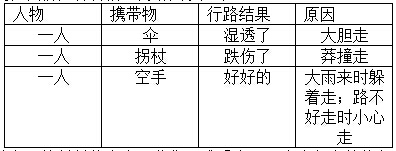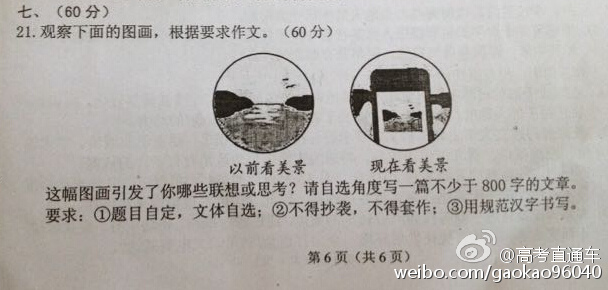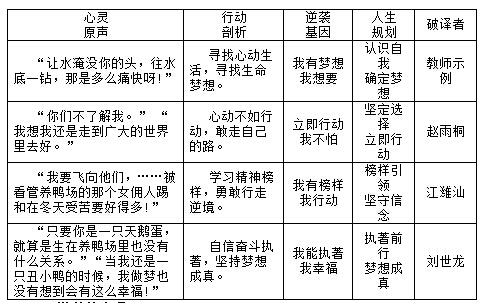常见病句类型_英文常见病句300句精选十则十二
英文病句急诊室300句,分析在口语和写作中容易犯的英语错误,含有正确使用方法及解析。
1. The dog answers the name of "Hero."(x)
The dog answers to the name of "Hero." (√)
人/动物+answer to the name of...本指’‘某人或动物对某一个名字有响应”,引申为“名字叫……”。
2. I am going to answer for the job ad.(x)
I am going to answer the job ad. (√)
answer for=be responsible for,是“对……负责”的意思,如:You"ll have to answer for the consequences of this decision.(你将必须对此决定的后果负责。)表“回复一则招聘广告”,用answer an / the ad。
3. I anticipate to be of service to you.(x)
I anticipate being of service to you.(√)
anticipate+V-ing=expect+to V,如:I expect to be of service to you.
4. It must be an old shop for they sell a variety of curios.(x)
It must be an antique shop for they sell a variety of curios. (√)
an old shop是指“一家(百年)老店”,但卖的是什么并不清楚。a secondhand shop 是指“一家专卖二手货的店”。an antique shop则是指“一家古董店”。
5. Our company keeps losing money, and the boss is very anxious.(x)
Our company keeps losing money, and the boss is very nervous.(√)
Our company keeps losing money and the boss is very worried. (√)
anxious特指“对将来不可知的事情表示焦虑不安”,如:I"m anxious about the exam results.(我对考试的结果感到焦虑不安。)nervous是指“对即将要发生或面临的事情感到紧张,情绪无法放松”,如:I"m very nervous about the upcoming exams.(我对即将来临的考试倍感紧张。)worried可指“对已(或未)发生的事情表示担忧”。公司亏损既成事实,不能用anxious或nervous。
6. I am anxious to get a copy of her new novel.(x)
I am impatient to get a copy of her new novel. (√)
I can"t wait to get a copy of her new novel. (√)
表“迫不及待想做什么”,须用be eager / keen / impatient/longing / dying to+V或can"t wait to+V。
7. To tell you the truth, I don"t have any friend here.(x)
To tell you the truth, I don"t have any friends here. (√)
在否定句或疑问句中,any接复数的可数名词或不可数名词,如:"Do you have any money with you?" "No, I don"t even have any coins."(“你身上带着钱吗?”“没有,我连硬币都没有。”)
8. Don"t worry. Any idiots can do that.(x)
Don"t worry. Any idiot can do that. (√)
在肯定句中,any表“任一”,仅可修饰单数名词。
9. Any time cannot be wasted.(x)
No time can be wasted. (√)
any及相关词(anybody, anyone, anything等)不可置于否定句的句首,须用“No+名词”的形式。
10. Anyone should avoid making these mistakes.(x)
Everyone should avoid making these mistakes. (√)
指“全体人员”时,应该用everyone或everybody。强调个人(即不管t}她是谁),可用anyone或anybody,如:Anyone can make such mistakes.(任何人都有可能犯这种错误。)
本文来源:https://www.oubohk.cn/yingyu/348540/
常见病句类型及修改办法 病句常见类型

![[思想就是力量作文]思想的力量-评2015年新课标卷满分作文](http://img.zxxk.com/2015-7/ZXXKCOM201507201152425116419.jpg)


